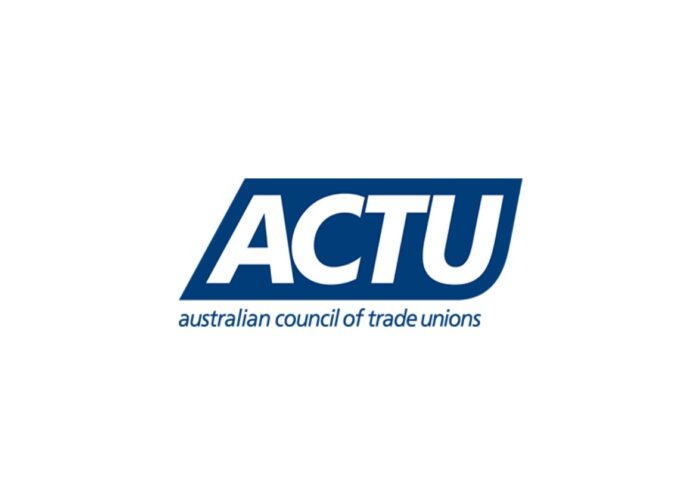
The Australian Council of Trade Unions (ACTU) is calling for a seven per cent pay rise for workers, which would lift the minimum hourly rate to $22.88 and the minimum annual full-time rate by $2966 to take it to $45,337.28.
The ACTU submission argues that over the previous two years, employees who depend on the minimum wage and award salaries have experienced significant real pay cuts – the largest on record.
If granted, the increase will come into effect on 1 July 2023, the union said in a media release.
The ACTU’s submission also claims that businesses have posted strong profits, demonstrating that wage increases are more than affordable.
According to ACTU, the minimum and award wage increases had no discernible impact on inflation last year, and the biggest risk to the economy is a collapse in consumer spending power as wages have gone backwards.
The ACTU secretary, Sally McManus, said, “a 7% pay increase is essential” as it would “help working people keep their heads above water”.
“There are real people behind the statistics of Australia’s cost-of-living crisis – the workers we rely on to deliver vital services in early learning, aged care, disability care, fast food, cleaners, security, and retail,” she said.
People are skipping meals, foregoing medical care, and dreading their next expense, according to McManus.
Rents have also risen in tandem with the cost of necessities such as groceries, clothing, fuel, and daycare.
“The economy is people and people are hurting. We must support those who are hurting the most and a cost-of-living increase to the minimum wage is the direct way of doing this,” the ACTU secretary remarked.
Every year, the Fair Work Commission hears from unions and companies before deciding whether and by how much to raise minimum wages and award wages.
This ruling, which takes effect on 1 July, will directly affect one in every four workers (or 2.67 million).



















